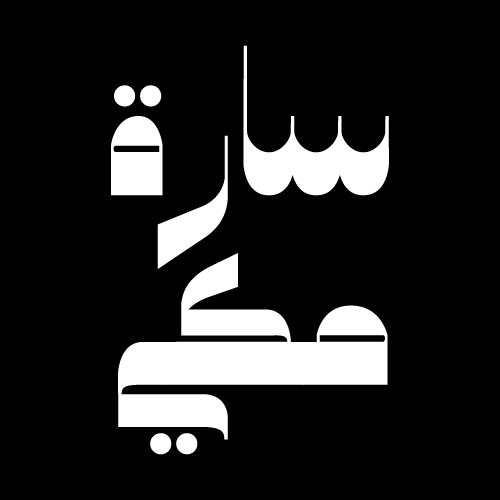
As a professional translator, Sarah Maki understands that effective translation goes beyond simply converting words from one language to another. It requires a diverse set of skills, strategies, and techniques to accurately convey meaning while preserving the nuances of the original text. In this article, we’ll explore some essential strategies for Arabic, German, and English translations that Sarah employs in her work, highlighting the tools in her translator’s toolbox that make her translations shine.
- Linguistic Proficiency: At the core of every translation project lies linguistic proficiency. Sarah’s fluency in Arabic, German, and English allows her to navigate the complexities of each language with ease. Whether translating from Arabic to English, German to English, or vice versa, Sarah’s command of grammar, syntax, and vocabulary ensures that her translations are accurate and grammatically correct.
- Cultural Competence: Language is deeply intertwined with culture, and effective translation requires an understanding of both. Sarah’s cultural competence allows her to recognize cultural nuances, idiomatic expressions, and linguistic conventions that may impact the translation process. By considering the cultural context of the source and target languages, Sarah ensures that her translations resonate with the intended audience while remaining faithful to the original text.
- Research Skills: In addition to linguistic and cultural knowledge, thorough research is essential for producing accurate translations. Sarah meticulously researches terminology, industry-specific terminology, and cultural references to ensure that her translations are contextually appropriate and accurate. Whether translating legal documents, technical manuals, or marketing materials, Sarah’s commitment to research ensures that her translations meet the highest standards of quality and precision.
- Adaptability: No two translation projects are alike, and adaptability is key to success in the field. Sarah’s ability to adapt her translation approach to the specific needs of each project sets her apart as a skilled translator. Whether translating formal legal documents, creative literary works, or technical manuals, Sarah tailors her translation strategy to meet the unique requirements of each project, ensuring that her translations are accurate, relevant, and effective.
- Technology Tools: While linguistic proficiency and cultural competence are essential, technology tools can enhance the efficiency and accuracy of the translation process. Sarah leverages a variety of translation software and tools, such as computer-assisted translation (CAT) tools, terminology databases, and machine translation systems, to streamline her workflow and improve translation consistency. While these tools are valuable aids, Sarah recognizes the importance of human judgment and expertise in producing high-quality translations.
- Collaboration: Translation is often a collaborative effort, requiring input from subject matter experts, editors, and proofreaders. Sarah values collaboration and seeks feedback from colleagues and clients to ensure the accuracy and quality of her translations. By working closely with her clients and collaborators, Sarah ensures that her translations meet their needs and exceed their expectations.
In conclusion, effective translation requires a diverse set of skills, strategies, and techniques. From linguistic proficiency and cultural competence to research skills, adaptability, technology tools, and collaboration, Sarah Maki employs a variety of strategies in her translation work. By leveraging these tools in her translator’s toolbox, Sarah produces accurate, culturally sensitive, and impactful translations that help her clients succeed in the global marketplace.
